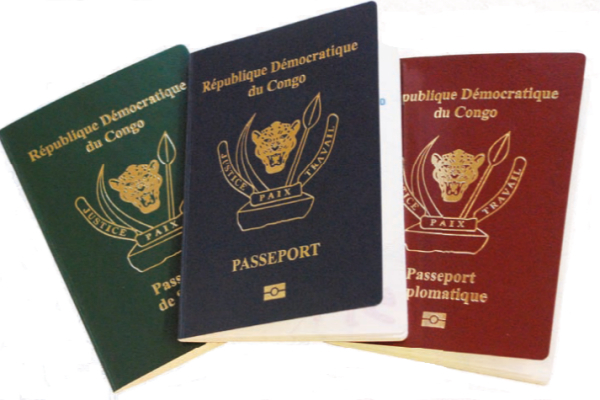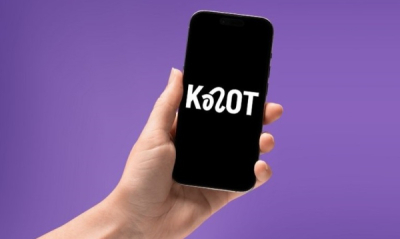• The Democratic Republic of Congo unveiled a new biometric passport featuring an RFID chip, polycarbonate pages, and advanced security features
• The initiative supports digital sovereignty, online applications to digitize civil registry processes, and reduce offline dependency.
The Democratic Republic of Congo (DRC) launched its new biometric passport on Tuesday, May 27, a move aligning the nation with international standards and bolstering its digital sovereignty. The document, a result of government-led reforms, is a key component of a broader initiative to secure citizen identities.
Available to the public starting June 5, the passport integrates a contactless Radio-Frequency Identification (RFID) electronic chip that securely stores the holder's biometric data. It also features an ultra-durable polycarbonate page and incorporates advanced visual security elements, including holograms, UV inks, and watermarks, to virtually eliminate forgery. The passport's page count has expanded from 32 to 38, offering increased capacity for frequent travelers.
According to Thérèse Kayikwamba Wagner, Minister of State for Foreign Affairs, the document complies with International Civil Aviation Organization (ICAO) standard 39794. This adherence, she noted, ensures both the free movement of Congolese citizens and the protection of their personal data.
The new passport’s incorporation of advanced biometric technologies enables reliable and immediate identification, serving as a robust deterrent against document forgery, identity trafficking, and impersonation, particularly in a regional environment marked by escalating cyber threats.
The passport's introduction is part of the DRC's 2024-2028 Government Action Program, which prioritizes the progressive digitization of public services and the integration of advanced technologies into official documents. Congolese citizens can now submit applications online, with payment options including electronic transfers or through Equity BCDC Bank. Biometric capture centers are currently being established in provincial capitals across the country.
This transition to a digitized system aims to streamline procedures, reduce processing times, and enhance the reliability of civil registry databases, addressing the fact that nearly 70% of travel document procedures in the DRC are still conducted offline.
Ultimately, this biometric passport is expected to facilitate digital integration, providing secure access to government services such as e-visas and online issuance of civil status documents. It could also contribute to the development of an interoperable national database, a valuable tool for social planning, migration policy, and the enhancement of border services.
However, realizing these ambitions will necessitate the DRC establishing a robust legal framework for data protection and building a trustworthy, interconnected digital identification infrastructure that safeguards citizens' rights in the era of digital transformation.
By Samira Njoya,
Editing by Sèna D. B. de Sodji



















